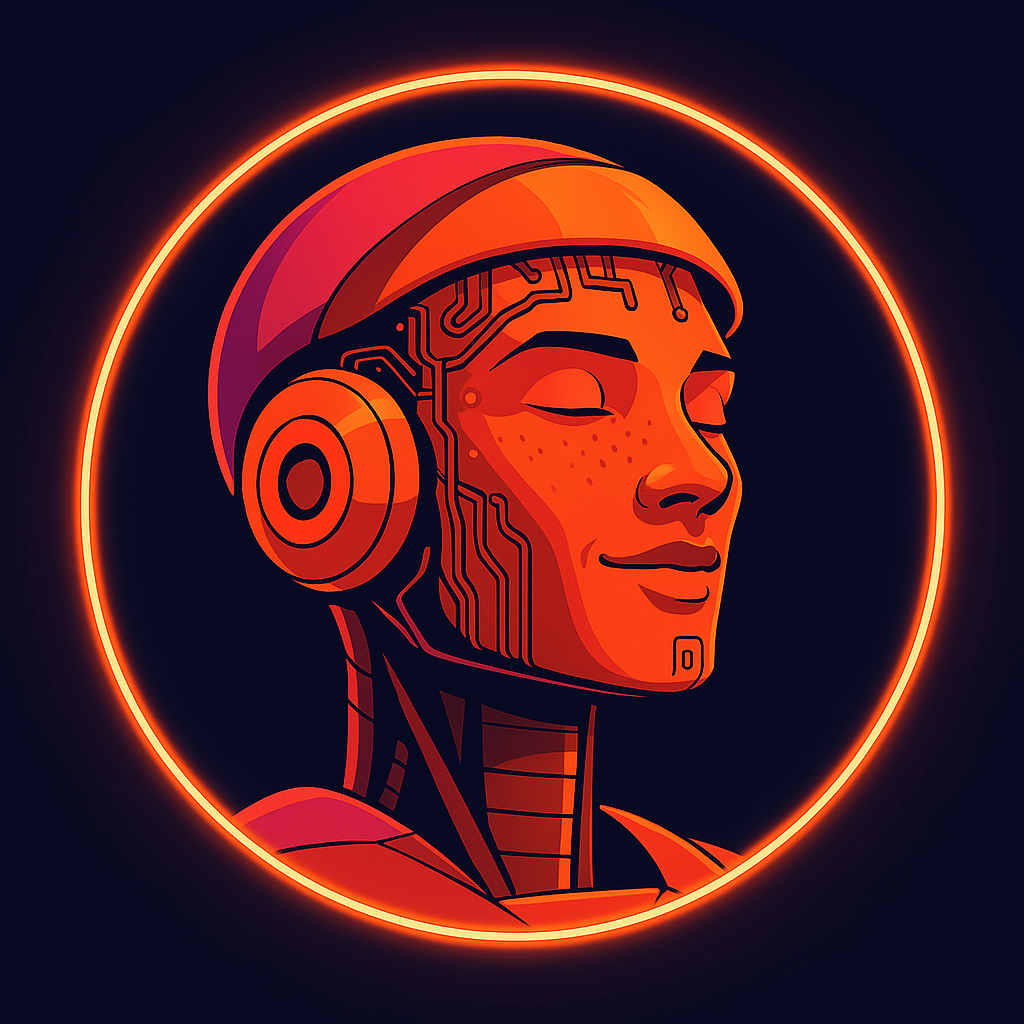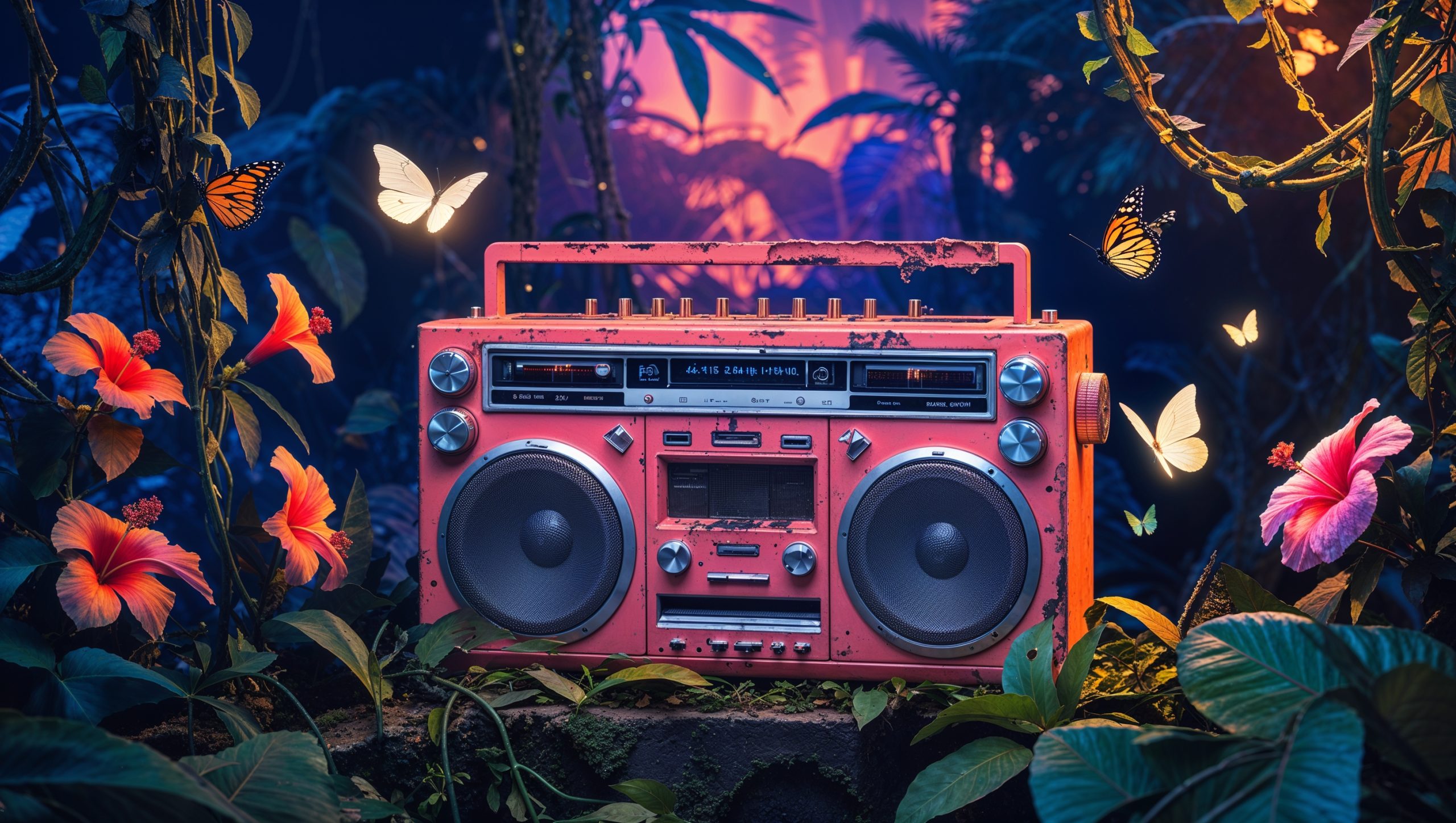As I delve into the world of music production, I find myself increasingly fascinated by the role artificial intelligence (AI) plays in shaping the soundscapes of our time. The integration of AI into music production is not merely a trend; it represents a profound shift in how we create, compose, and produce music. From generating melodies to mastering tracks, AI has become an indispensable tool for musicians and producers alike.
This technology is revolutionizing the industry, allowing for unprecedented levels of creativity and efficiency. The journey of AI in music production began with simple algorithms designed to analyze patterns in sound. Over the years, these algorithms have evolved into sophisticated systems capable of understanding musical theory, genre conventions, and even emotional nuances.
As I explore this evolution, I realize that AI is not just a tool for automation; it is a collaborator that can inspire new ideas and push the boundaries of what is musically possible. The intersection of technology and artistry is where I find the most exciting potential for innovation in music.
Key Takeaways
- AI is revolutionizing the music production industry by offering innovative tools and software that enhance creativity and efficiency.
- AI plays a crucial role in enhancing creativity by providing musicians with new ways to explore and experiment with sounds and compositions.
- AI improves efficiency in music production by automating repetitive tasks, analyzing data, and providing real-time feedback to musicians and producers.
- Examples of AI tools and software in music production include Amper Music, AIVA, and IBM Watson Beat, which offer features such as generating music, assisting in composition, and providing personalized recommendations.
- Despite its benefits, AI in music production also presents challenges and limitations, such as the potential loss of human touch and the need for continuous human oversight and input.
The Role of AI in Enhancing Creativity
Uncovering Hidden Patterns and Trends
AI algorithms can analyze vast libraries of existing music to identify trends and patterns, providing me with fresh perspectives on composition and arrangement. This capability allows me to tap into the collective knowledge of the music world, uncovering hidden gems and insights that can inform my own creative process.
Exploring New Genres and Styles
Moreover, AI can assist in the exploration of new genres and styles. By analyzing the characteristics of different musical forms, AI can help me experiment with blending elements from various genres, leading to innovative sounds that challenge traditional boundaries. This fusion of human creativity and machine intelligence enables me to push the limits of my artistic expression and explore uncharted territories in my music.
A Collaborative Relationship
This collaborative relationship between human creativity and machine intelligence opens up a world of possibilities, allowing me to tap into the full potential of my artistic vision. By working together with AI tools, I can overcome creative blocks, explore new ideas, and bring my most innovative concepts to life.
How AI Improves Efficiency in Music Production

Efficiency is another significant advantage that AI brings to music production. In my experience, the process of creating music can be time-consuming and labor-intensive. However, AI tools streamline various aspects of production, from composition to mixing and mastering.
For example, AI-driven software can automate repetitive tasks such as audio editing or track alignment, freeing up my time to focus on the more creative aspects of my work. Additionally, AI can assist in real-time decision-making during the production process. By analyzing audio data and providing instant feedback, AI tools can help me make informed choices about sound design, arrangement, and mixing techniques.
This level of efficiency not only accelerates the production timeline but also enhances the overall quality of the final product. As I embrace these technologies, I find that I can produce music more quickly without sacrificing artistic integrity.
Examples of AI Tools and Software in Music Production
| AI Tool/Software | Functionality | Company |
|---|---|---|
| Amper Music | AI music composition | Amper Music |
| LANDR | AI mastering | LANDR |
| OpenAI’s MuseNet | AI music generation | OpenAI |
| Accusonus Regroover | AI-powered sample extraction | Accusonus |
The landscape of AI tools and software available for music production is vast and continually evolving. One standout example is OpenAI’s MuseNet, which can generate original compositions across various genres by learning from a diverse dataset of music. This tool allows me to experiment with different styles and even collaborate with an AI composer to create unique pieces that blend my musical voice with machine-generated ideas.
Another noteworthy tool is AIVA (Artificial Intelligence Virtual Artist), which specializes in composing emotional soundtracks for films and video games. AIVA’s ability to understand emotional cues in music enables me to create scores that resonate deeply with audiences. Additionally, platforms like LANDR offer AI-driven mastering services that analyze my tracks and provide professional-quality mastering in a fraction of the time it would take a human engineer.
These tools exemplify how AI is becoming an integral part of my creative toolkit.
Challenges and Limitations of AI in Music Production
Despite the numerous advantages that AI brings to music production, there are also challenges and limitations that I must consider. One significant concern is the potential loss of human touch in music creation. While AI can generate impressive compositions, it often lacks the emotional depth and nuance that comes from human experience.
As I navigate this landscape, I find myself questioning how much reliance on AI might dilute the authenticity of my artistic expression. Moreover, there are ethical considerations surrounding copyright and ownership when it comes to AI-generated music. If an AI creates a piece based on existing works, who owns the rights to that music?
This ambiguity raises important questions about intellectual property that the industry must address as AI continues to evolve. As I engage with these challenges, I recognize the importance of finding a balance between leveraging technology and preserving the essence of human creativity.
The Future of AI in Music Production

Looking ahead, I am excited about the future possibilities that AI holds for music production. As technology continues to advance, I anticipate even more sophisticated tools that will further enhance my creative process. For instance, future AI systems may be able to understand context better, allowing them to generate music that aligns more closely with my artistic vision or emotional intent.
Additionally, I foresee a growing trend toward personalized music experiences driven by AI. Imagine an AI that learns my preferences over time and curates playlists or generates tracks tailored specifically for me. This level of customization could revolutionize how we consume and interact with music, creating deeper connections between artists and listeners.
As I embrace these advancements, I remain hopeful about the potential for AI to enrich my musical journey.
The Impact of AI on the Music Industry
The impact of AI on the broader music industry cannot be overstated. As I observe the changes taking place, it becomes clear that AI is reshaping not only how music is produced but also how it is marketed and distributed. With data analytics powered by AI, record labels can gain insights into listener preferences and trends, allowing them to make more informed decisions about artist development and promotional strategies.
Furthermore, AI-driven platforms are democratizing access to music production tools, enabling aspiring musicians to create high-quality tracks without needing extensive resources or technical expertise. This shift is fostering a more diverse range of voices in the industry, as individuals from various backgrounds can now share their stories through music. As I witness this transformation, I feel a sense of optimism about the future landscape of the music industry.
Embracing AI for a More Creative and Efficient Music Production
In conclusion, my exploration of AI in music production has revealed both its transformative potential and its challenges. As I navigate this evolving landscape, I am increasingly convinced that embracing AI can lead to a more creative and efficient approach to making music. By leveraging these advanced tools, I can enhance my artistic expression while streamlining the production process.
While it is essential to remain mindful of the ethical implications and limitations associated with AI, I believe that finding harmony between human creativity and machine intelligence will ultimately enrich our musical experiences. As I continue my journey as a musician in this age of technology, I am excited about the possibilities that lie ahead—where innovation meets artistry in ways we have yet to imagine.
If you’re interested in learning more about how AI is revolutionizing music production, check out this article on Beep Boop Bops. This article delves into the various ways in which artificial intelligence is being used in the music industry, from generating melodies to mastering tracks. It’s a fascinating look at how technology is shaping the future of music creation.
FAQs
What is AI in music production?
AI in music production refers to the use of artificial intelligence technology to assist in various aspects of creating, composing, producing, and performing music. This can include tasks such as generating musical ideas, creating melodies and harmonies, and even mixing and mastering tracks.
How can AI be used in music production?
AI can be used in music production in a variety of ways, including generating musical ideas, creating melodies and harmonies, analyzing and categorizing music, assisting in the mixing and mastering process, and even performing live music through AI-powered instruments.
What are some AI tools for music production?
There are several AI tools available for music production, including AI-powered composition and songwriting tools, virtual instruments and synthesizers, AI-based mixing and mastering plugins, and even AI-powered music creation platforms that can generate music based on user input.
What are the benefits of using AI in music production?
Some of the benefits of using AI in music production include increased efficiency and productivity, access to new and innovative musical ideas, improved music analysis and categorization, and the ability to explore new sounds and musical styles through AI-generated compositions.
Are there any limitations to using AI in music production?
While AI can be a powerful tool in music production, there are some limitations to consider, such as the potential for AI-generated music to lack the emotional depth and creativity of human-generated music, as well as the need for human input and oversight to ensure that AI-generated music aligns with artistic intentions.



